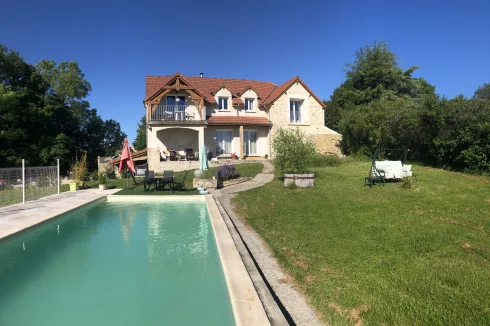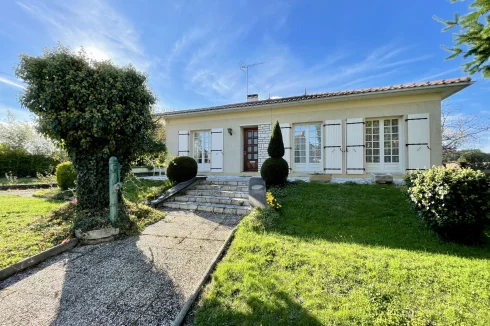Instant Money Transfers in France
Thursday 08 August 2019
Instant money transfer systems have finally arrived in France, but it's not going to apply to all transfers.
Making a bank transfer in France is not the split second process to which UK nationals and many others are familiar.
Although France abolished its own national transfer system in 2014, when it joined with other European countries in the SEPA cross border system, the system is not instantaneous.
Currently, a SEPA transfer takes one to two business days to arrive in the account of its recipient, longer over weekends and bank holidays, and only then after authorisation procedures have been completed, which may take several days.
The transfer order must include, at least, the account number to debit, the amount, the desired date of execution, and the IBAN code of the recipient’s account.
In November 2017, the European Central Bank launched the SEPA Instant Credit Transfer (SCT) clearing system.
The main advantage of this system, compared to traditional SEPA transfers, is its immediacy—recipient accounts are credited in less than 10 seconds, within a limit of €15,000. In the UK, the Faster Payments transaction limit is €250,000.
An instant SEPA transfer is irrevocable, and can be completed 24 hours a day, 365 days a year—there is no need to worry about bank holidays or making a transfer in the middle of the night.
So the convenience of the system is not merely that it is immediate, but that it is around the clock.
Though the transaction must be made in euros, the payment account does not have to be denominated in euros.
Over the past two years, banks in France have been in the process of introducing instant money transfers (virement instantané), and during this year it will be widely available.
Customers of the Banques Populaire-Caisse d'Epargne (BPCE) were the first to benefit from it, and Credit Agricole are in the process of making it available this year.
However, the banks are taking a cautious approach, for the move is one that has been forced upon them by the growth in competing payment systems, and the need by the banks to adopt a more aggressive competitive strategy against Visa and Mastercard.
Clearly, if it is possible to make payments without the need to pay an annual fee for a bank card, there are significant financial implications for the banks.
The banks have been helped in their approach by the enabling European law, for they are not obliged to offer instant payment, so banks are adopting their own rules regarding the operation of such transactions.
All the major banks, and many on-line banks, have signed up to the Paylib e-wallet service, launched in 2013 by BPCE. The system is entirely smartphone based, although some banks also offer a pc based interface.
The service does not require use of a bank card number, or bank details, and payments for goods and services can be contactless up to €30. Maximum transaction levels vary by bank, but in general they are restricted to €500 per transaction, save for BCPE where the €15,000 limit applies subject to status. For the time being the transfer of money is restricted to France.
Several banks are making a charge of around €1 for a money transfer. For small transfers that is a significant sum, and is high when measure against the actual cost to the bank, estimated by the European Central Bank to be €0.20 per transaction.
Nevertheless, although instant payments may now be available, the use of traditional SEPA system is going to remain obligatory for large transactions.
That process can take several days, for some banks (such as Credit Agricole and Caisse d’Epargne) still require details of the proposed beneficiary to be validated by them. The control is in place to to try and combat identity fraud.
Other banks have similar controls in place, but all banks are introducing new more real-time systems of controls to alleviate these delays, such as biometric validation.
Thank you for showing an interest in our News section.
Our News section is no longer being published although our catalogue of articles remains in place.
If you found our News useful, please have a look at France Insider, our subscription based News service with in-depth analysis, or our authoritative Guides to France.
If you require advice and assistance with the purchase of French property and moving to France, then take a look at the France Insider Property Clinic.





